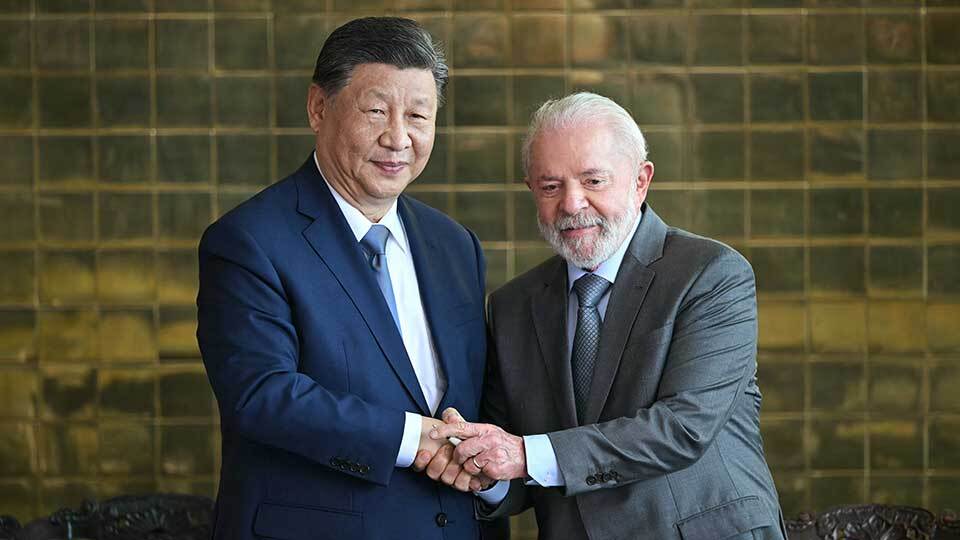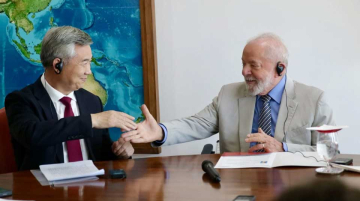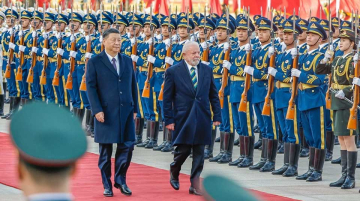China and Brazil have ramped up their engagement in recent months at a breathtaking scale and speed. Yet, little of what’s happening is making it into mainstream news coverage, and even well-informed observers are struggling to keep up with the flurry of announcements coming from Beijing and Brasília.
The reason this is so important is that Brazil, more than any other country, is ideally positioned to thwart the Trump administration’s ambition to isolate China in the global economy. Ironically, the bigger losers may end up being U.S. farmers: their top customer, China, could simply turn to Brazil instead.
But this isn’t just an agricultural story. Brazil is one of China’s largest suppliers of minerals, metals, oil, and timber, while the South American country buys huge quantities of Chinese-made cars, clothes, and electronics, among countless other products.
Diplomatically, the two are more closely aligned than ever, joining together for Ukraine peace proposals and rallying other members of the expanding BRICS coalition to quickly develop a new international economic governance architecture that notably excludes the U.S. and Europe.
There’s no doubt closer Sino-Brazilian ties will infuriate a lot of people in Washington, but as President Trump likes to say, he doesn’t “have the cards” to do much about it. Brazil isn’t Panama or South Africa. The United States doesn’t have the leverage needed to compel President Luiz Inácio Lula da Silva to abandon China.
And consider this: while Lula is preparing for his second in-person meeting with Xi Jinping since November, he still hasn’t spoken to Trump since the latter returned to office in January. The relationship, already frosty, is edging toward a deep freeze.








